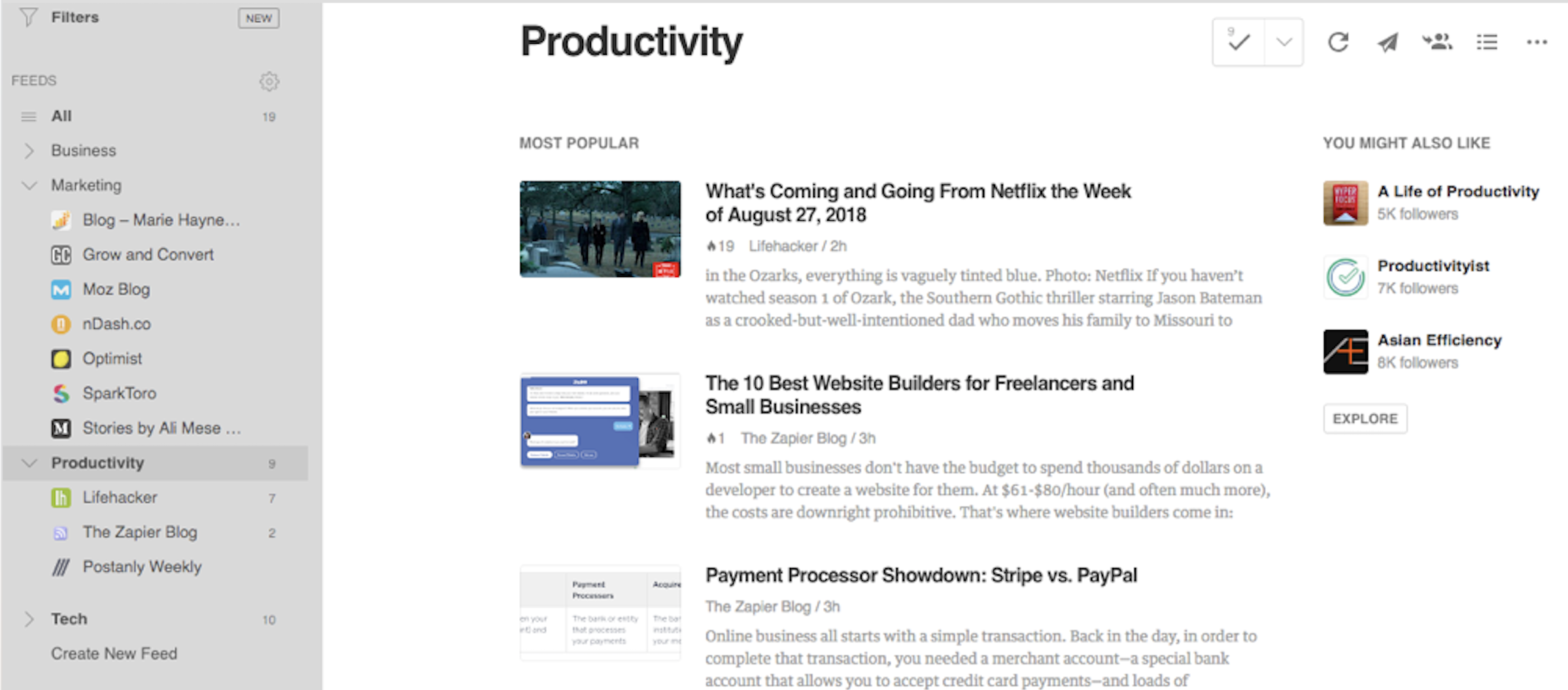

If there is a particular post that catches your eye, you can subscribe to its comments by adding /feed/ to the end of its URL.

Does it matter? To us – not really, although someone who has a technical interest in feeds may state otherwise. There are several different types of feeds – there is RSS. Click here for a list of feed readers that you can use. The reader that you use, however, in entirely your call, and the process of subscribing will be different for each.
Rss reader website free#
Our free web-based feed reader is Reader, and you can subscribe to feeds using Reader following this guide. Most readers will automatically detect the feed, but, if in doubt, add /feed/ to the end of the URL. If prompted to enter an address for a feed you should enter the URL of the website you wish to follow.
Rss reader website download#
In addition, you can download special desktop clients for this purpose, and other websites even provide feed reading services, as well. Most browsers can already read feeds, as can many email clients.

Subscribing to a feed is very easy and only requires a feed reader. ↑ Table of Contents ↑ Subscribing to Feeds For example, if you read something in a feed and, a few days later, you need that article again, your feed reader should be able to locate it. If your feed reader provides archiving functionality, you can easily keep information for future reference.Additionally you can usually set up a reader to watch for words in all the feeds it gets too. If you load that feed into your reader then you will have a constant search for ‘Dr Pepper’ at that site. You could search for that – and the results page will have a feed. Let’s say you have an interest in ‘Dr Pepper’. If you go to the web-based blog aggregators you can search inside their feeds. Your reader will deliver only the latest content to you. If you are on slower internet connection, you don’t have to visit multiple blogs and load all of their information individually.If you have a feed reader, it can check those 10 blogs every hour (or whenever you want), let you know when any have been updated, and provide you with the new content. If you have 10 friends who have blogs, then you will need to visit those blogs to view any updated content.The content of password-protected posts will not display in your blog’s feed. Your feeds are created automatically unless you mark your blog as private. The main content feed can be accessed by adding /feed/ to your blog’s URL.Īs an example, here is the feed of the official blog: The content comes to you!Įvery blog has multiple feeds. This is particularly useful to keep track of updated content from many blogs and sites without even visiting them. This is very useful, as it allows other people to monitor your blog, along with other websites they are interested in, and aggregate them together through applications known as feed readers, like the Reader or RSSOwl. A feed (often called RSS) is a stream of posts or comments that is updated when new content is published.


 0 kommentar(er)
0 kommentar(er)
